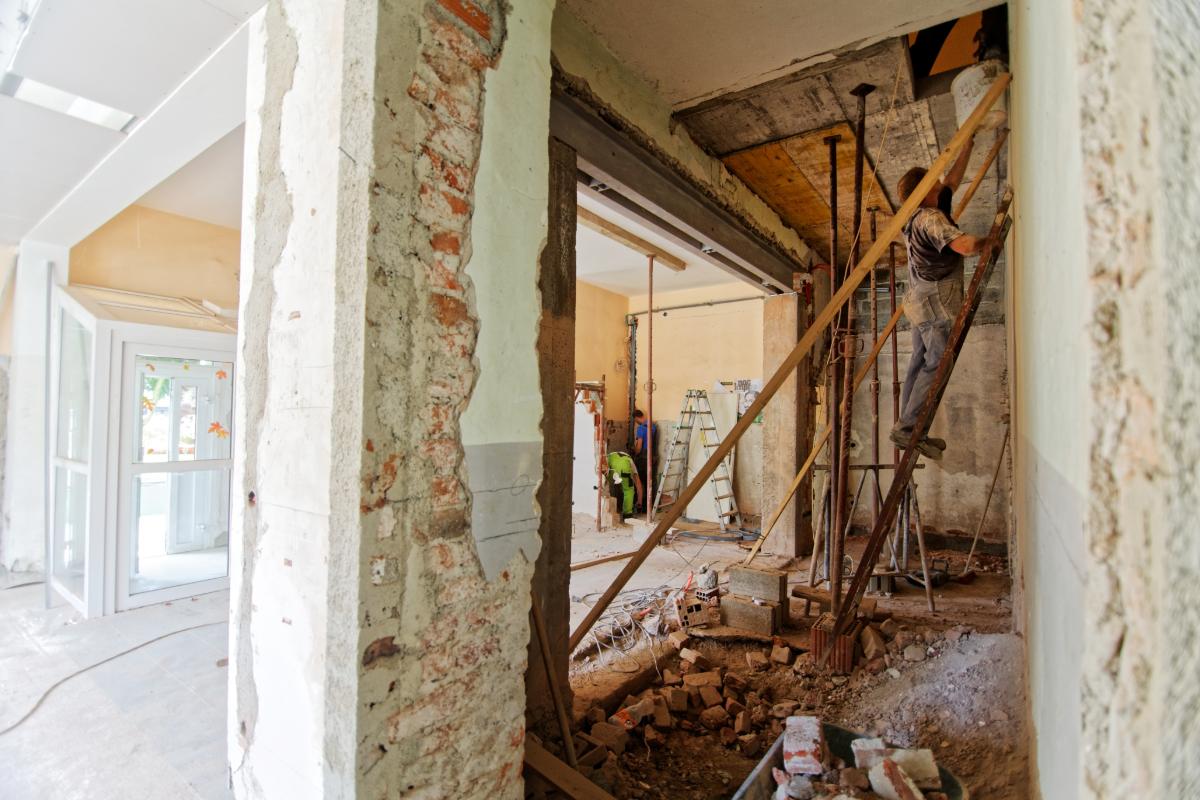
There's no doubting the benefits in letting an HMO property. Multiple
tenants mean more rent payments every month. The income potential is excellent
and, depending on location, demand can be high. A property a stone's throw away
from a university, for example, should have prospective tenants queuing around
the block.
But of course, there are two sides to every coin. Being an HMO landlord
isn't easy. The financial upside is definitely there. But you have to work hard
for your rewards. And there are so many more rules and regulations to follow
compared to other rental properties. But if you're going down the HMO route, what are the things you need to know and how can you manage your property without
using an estate agent? We'll look at these questions in this article.
Red tape aplenty
The first issue you'll face is the rules and regulations you need to
follow. There's much more red tape when you let an HMO. For example, there's mandatory
licensing for those properties with more than four tenants. But each local
council may also have their own licensing rules too. Make sure you have a
thorough understanding of the local licensing conditions before you think about
letting your property. If you're in any doubt contact the council for advice.
There are stiff financial penalties for running an HMO without the correct
licence, so make sure you're fully covered.
You also have to abide by all the other standard
regulations including annual gas safety checks, Energy Performance
Certificates and making sure the property is a fit place to live. But HMOs also
have additional fire safety rules. This could include extra smoke alarms and
signage in communal areas for example. Again, make sure you’re fully aware of
the regulations which apply to you.
Finding your tenants
A fully occupied HMO can be lucrative. But of course, you need to fill
it first. Finding tenants isn't always easy. If you're doing your own marketing
you need to be proactive and make sure you get the message out fast.
Many tenants, particularly young people and students, will start their
property search online. You need to be there too. Unfortunately, the bigger online
letting platforms like Rightmove and Zoopla
are off limits to private landlords. Only approved letting agents can advertise
on those sites. So, it may be worth using a letting agent to find your tenants
for you. MakeUrMove typically finds a tenant within 12 days of listing a
property which could save you a lot of time and effort. Especially as you need
to find multiple tenants.
Keeping the cash flowing
A potential drawback with HMOs is they may be empty for parts of the
year. Though this only applies to student housing when void periods are almost
inevitable during the summer months. I say 'almost' because some students do
rent all year round. Instead of going home in the summer holidays they'll find
a job locally and stay in their digs.
Usually, the extra income from multiple tenants will make up for
seasonal void periods. But you could bring in additional rent by renting out
empty rooms during the summer. A seaside or tourist location is obviously more
suited to this. But again, creative marketing could help you keep the property
fully occupied all year round.
Managing the property
Probably the biggest challenge facing HMO landlords is actually
managing the property and tenants. With
more tenants, there's more scope for things to go wrong. Make sure your tenants
can quickly report any maintenance issues. Keep on top of repairs so they don't
get out of hand and potentially violate your licence. One way to do this is to
use a property
management service like the one provided by MakeUrMove. It includes a 24-hour
emergency hotline which tenants can use to report repairs.
Delegating the management of the property can save you time in other
ways too. Rent collection, compliance management and inspections are all taken
care of. Preparing the tenancy
agreements which can be tricky in HMOs can also be outsourced. This takes so
much weight off your shoulders. But of course, if you prefer to be totally
hands on you can take care of everything yourself. But do be organised and be
prepared for long and unsociable hours.
HMO buy to let property investment
There are downsides to letting an HMO. There are long hours and lots of
hoops to jump through. But the financial rewards from this kind of property
investment can be very worthwhile.
Private landlords can find tenants fast by listing their property
with MakeUrMove the online letting platform bringing landlords and tenants
together.







